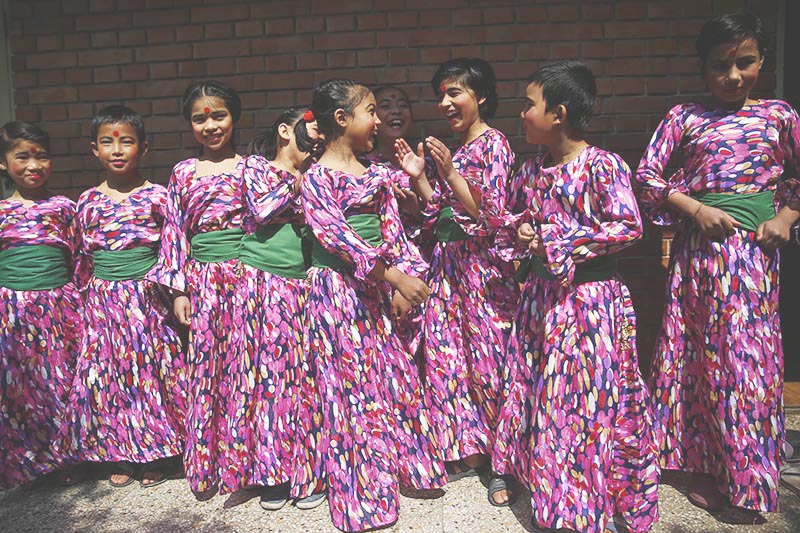Gender equality still a far cry for Nepali women
Kathmandu, March 8
Article 18 of the constitution clearly states that all citizens shall be equal before the law. But as the parliamentary State Affairs and Good Governance Committee is holding discussions on the content of the Nepal Citizenship Bill, efforts are being made to include a provision that will create hurdles for a child being raised by a mother — and whose father’s identity is unknown — to obtain citizenship.
As per the bill, a child who has a father but whose mother’s identity is not known, however, can obtain citizenship without any problem. This is the situation in Nepal, where after years of talking about eliminating gender-based discrimination women are still on the receiving end. “Women walked together with men during political movements. Following these movements, more women-friendly policies were introduced. But in practice nothing much has changed,” said Ila Sharma, an election commissioner.
For example, the Political Party Registration Act has made one-third participation of women mandatory in committees of political parties. But none, except Bibeksheel, has fulfilled this criterion.

Over the years, Nepali women have reached new heights. Nepal can boast of its first female president, who is in office now, and can proudly say it has had first female chief justice and House Speaker. Today, two-thirds of federal parliamentarians are women. Women, according to the constitution, also have the right to participate in all bodies of the state on the basis of proportional inclusion.
But the mentality of the patriarchal society still has not changed.“Women still have not been able to create their own identity. In many cases, a woman is just seen as a wife of some man or mother of her children,” said gender equality expert Bharati Silwal Giri. “That’s why women are still unable to claim their citizenship rights.”
This indicates women still have not been able to establish themselves as trustworthy citizens of this country, according to Dipti Gurung, an activist working in the area of women’s citizenship rights. “If that was not the case, why are roadblocks being created when women want their children to get citizenship without the support of their father?” Today, females constitute more than half of the country’s population. At the professional level, 36 per cent of all doctors, 99.8 per cent of nurses, 23 per cent of civil servants, 51 per cent of students, nine per cent of police officers, seven per cent of traffic police, and five per cent of army personnel are females.
“We have women who are educated and those who are illiterate. All of them want to work hard and become financially independent. Yet few get equal opportunities. As a result, many have fallen behind and cannot speak for themselves,” said Mohna Ansari, member of National Human Rights Commission, adding, “This implies women still have not been empowered. Local and provincial governments should design programmes to ensure women get equal opportunities as men in every sector, including education and healthcare.”
READ ALSO:






